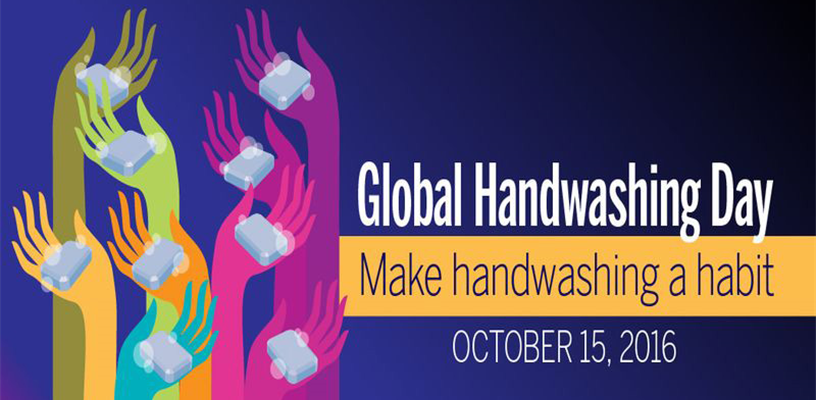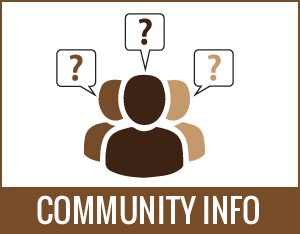
- By Robin Hull, RN, BSN, PHN II
- Posted Monday, October 10, 2016
Raise a Hand for Hand Hygiene!
Handwashing is probably the single most important act we can all do to improve public health. Think about all the things you have touched today - from the bathroom door knob to your cellphone. No matter what your hands have touched, you came into contact with germs. Germs are all over the place.
Viruses can live on your hands for hours, and washing your hands regularly is a proven way to decrease your chances of getting sick. Handwashing more than seven times a day with plain old soap and water is considered the basic hygiene minimum per the Global Hygiene Council. People who routinely wash their hands tend to suffer less frequently from infectious diseases.
Did you wash your hands after you went to the bathroom today? (Truth - not everyone does). A recent study found that 91 percent of adults say they always wash their hands after using a public bathroom, but only 83 percent were actually observed washing their hands.
Now that you know how important handwashing is, here are a few tips on how to do it right:
Also note, when no soap and water is available, hand sanitizers can tide you over until you can reach a sink to wash your hands.
Apart from handwashing after visiting the restroom, other important times to wash your hands are before eating, after blowing your nose, after coughing or sneezing, after handling garbage, after changing a baby’s diaper, before feeding a child, after touching animals or animal waste and before preparing food or handling raw meat, fish or poultry. It’s also a good idea to wash your hands and/or use a hand sanitizer before and after caring for a sick or injured person.
You can get more information about handwashing and hand hygiene from the following websites
http://www.cdc.gov/handwashing/
http://globalhandwashing.org/about-handwashing/why-handwashing/






